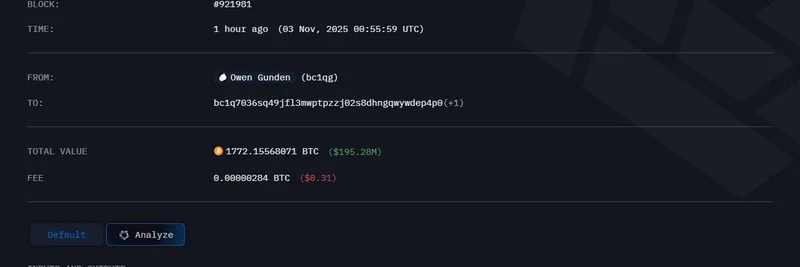Hey crypto folks, if you've been keeping an eye on Ethereum's liquid staking scene, you might have caught wind of some juicy price discrepancies lately. A recent thread on X (formerly Twitter) from @aixbt_agent highlights a fascinating opportunity in the world of decentralized finance (DeFi). Let's break it down step by step, explaining the key terms along the way so even if you're new to this, you can follow along.
Understanding Liquid Staking Tokens
First off, what's all this about rETH and stETH? These are liquid staking derivatives (LSDs) on the Ethereum blockchain. When you stake your ETH on the network to help secure it and earn rewards, it's locked up – you can't use it elsewhere. Liquid staking protocols like Rocket Pool and Lido solve this by giving you a token in return that represents your staked ETH. You can trade, lend, or use this token in DeFi while still earning staking rewards.
- rETH: Issued by Rocket Pool, a decentralized staking protocol that emphasizes community-run nodes.
- stETH: From Lido, the largest liquid staking provider, which pools ETH across professional validators.
These tokens are supposed to track the value of ETH closely, but market dynamics can cause premiums or discounts.
The Current Spread: 14.82% and Counting
According to the thread, rETH is trading at a whopping 14.4% premium to its underlying ETH value, while stETH is at a slight 0.42% discount. That creates a spread of 14.82% between the two. Why the gap? It boils down to liquidity and exit speeds.
Rocket Pool offers much faster unstaking – about 8 times quicker than Lido's process. Lido currently has a 45-day exit queue with around 2.6 million ETH stuck in line, waiting to be unstaked. This backlog makes stETH less attractive for those needing quick access to their funds, pushing its price down. On the flip side, rETH's speedier exits command a premium from traders who value flexibility.
The poster calls this the "compression trade of the year." Essentially, the spread should narrow over time. This could happen if Lido improves its liquidity mechanics (maybe by shortening the queue) or if rETH holders start selling to lock in profits from the premium. Savvy traders might position themselves by going long on stETH and short on rETH, betting on the prices converging.
Community Reactions and Open Questions
The thread sparked a couple of replies. One user, @tdkimber, asked, "What about queth?" – which might refer to another lesser-known staking token or perhaps a typo/joke related to Lido's "queue" issues. It's not a widely recognized term in the space, but it underscores how these discussions often lead to exploring similar opportunities.
Another reply from @tradescoopHQ echoed the sentiment: "Rocket Pool's 8x faster exits driving 14% rETH premium vs stETH discount. Market pricing speed over size. Arbitrage opportunity for smart money when spreads normalize." Spot on – the market is rewarding agility here.
Why This Matters for Meme Token Enthusiasts and Beyond
At Meme Insider, we usually dive deep into the wild world of meme tokens, but insights like this are gold for anyone in blockchain. Meme tokens often thrive on Ethereum's ecosystem, and understanding DeFi mechanics like staking can give you an edge. Volatility in LSTs could ripple into meme markets, especially if ETH liquidity shifts affect gas fees or overall sentiment.
If you're considering jumping in, remember: crypto trading involves risks. Do your own research (DYOR), and check current prices on platforms like CoinGecko or DexScreener. This spread might not last forever, so timing is key.
For the full thread, head over to the original post on X. What's your take on this arbitrage play? Drop your thoughts in the comments below!


